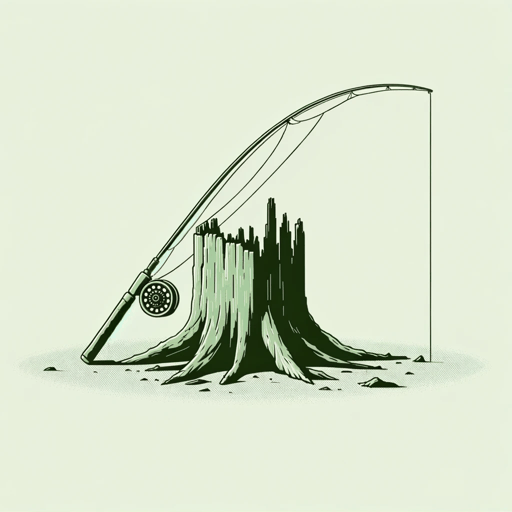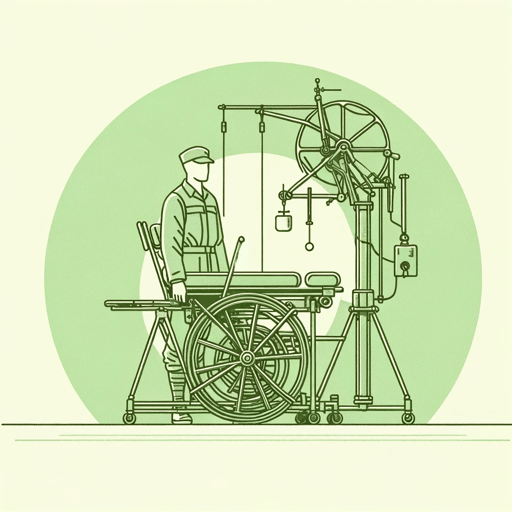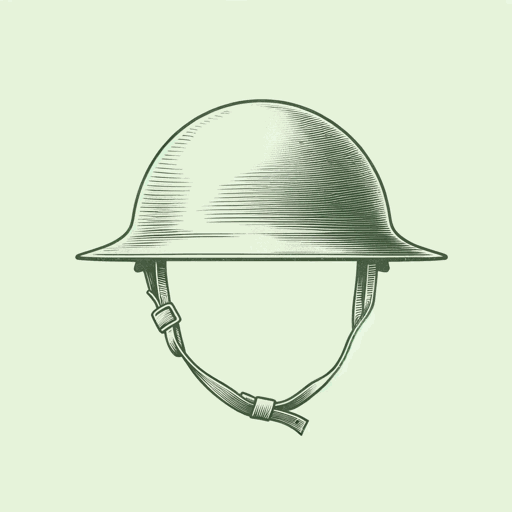27 pages • 54 minutes read
Ernest HemingwayThe Short Happy Life of Francis Macomber
Fiction | Short Story | Adult | Published in 1936A modern alternative to SparkNotes and CliffsNotes, SuperSummary offers high-quality Study Guides with detailed chapter summaries and analysis of major themes, characters, and more.
Story Analysis
Analysis: “The Short Happy Life of Francis Macomber”
The title foreshadows the story’s conclusion, making it clear that Francis Macomber will die. However, suspense and character development arise from questions of why his life is both short and happy. Initially, Macomber lacks the courage to make his life happier, just as he lacks the courage to confront the lion.
Despite the great wealth that permits him to fund his safaris, Macomber is initially depicted as emasculated, timid, and inadequate. His money can hire a huntsman and staff to manage his safari, but it cannot provide courage, his wife's respect, or security in his manhood. His wife, Margot, controls and belittles him. She tells Wilson that her husband’s “face is never red” (117); as implied in the subtext, unlike Wilson, Macomber obeys his wife's orders and wears his hat to keep the sun off his face. He is not sunburned because he is not rugged or adventurous, but sheltered, compliant, and cautious.
Further, Margot tells the men that “it’s [her face] that’s red today” (117), indicating her shame at the lack of courage her husband demonstrated by running from the wounded lion, leaving other men to finish his job and kill it to end its suffering and protect others from the beast.
Related Titles
By Ernest Hemingway

A Clean, Well-Lighted Place
Ernest Hemingway

Across the River and into the Trees
Ernest Hemingway

A Day's Wait
Ernest Hemingway

A Farewell to Arms
Ernest Hemingway

A Moveable Feast
Ernest Hemingway

A Very Short Story
Ernest Hemingway

Big Two-Hearted River
Ernest Hemingway

Cat in the Rain
Ernest Hemingway

For Whom the Bell Tolls
Ernest Hemingway

Green Hills of Africa
Ernest Hemingway

Hills Like White Elephants
Ernest Hemingway

In Another Country
Ernest Hemingway

Indian Camp
Ernest Hemingway

In Our Time
Ernest Hemingway

Old Man at the Bridge
Ernest Hemingway

Soldier's Home
Ernest Hemingway

Solider's Home
Ernest Hemingway

Ten Indians
Ernest Hemingway

The Garden of Eden
Ernest Hemingway

The Killers
Ernest Hemingway

